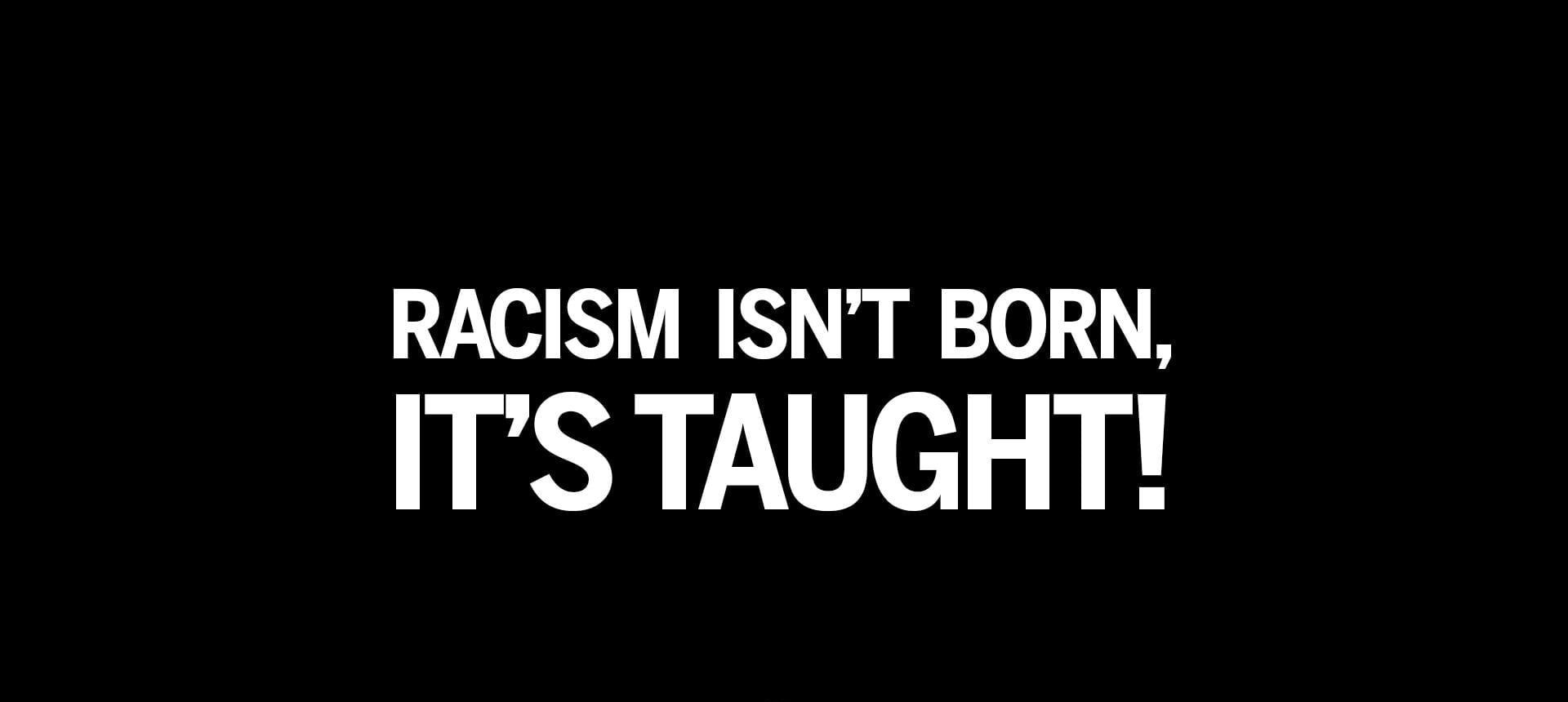Racism persists as a pervasive force in society, infiltrating various aspects of daily life. Beyond its visible manifestations, racism inflicts profound wounds on mental health. This article explores how racism’s insidious presence affects mental health, causing stress, anxiety, depression, and diminishing self-esteem. However, amidst these challenges, there lies a beacon of hope: resilience. Despite the adversity posed by racism, individuals possess the capacity to cultivate resilience and reclaim agency over their mental health. Through empowerment and self-determination, individuals can confront and overcome the detrimental effects of racism, emerging stronger and more resilient than before.
Understanding the Mental Health Impact of Racism is crucial in comprehending its pervasive influence on individuals’ well-being. Firstly, experiencing racism inflicts a significant psychological toll, encompassing stress, anxiety, depression, and a pervasive sense of low self-esteem. These emotional burdens arise from the constant threat of discrimination and marginalization faced by individuals from racially marginalized groups. Secondly, extensive research has illuminated the direct correlation between encounters with racism and adverse mental health outcomes.
Studies consistently demonstrate that individuals subjected to racism are more susceptible to mental health disorders and psychological distress. Furthermore, research findings reveal the enduring nature of these effects, highlighting the profound and lasting impact of racism on mental well-being. To further contextualize these findings, illustrative examples or case studies can shed light on the real-life experiences of individuals grappling with racism’s detrimental effects on their mental health. These narratives offer poignant insights into the daily struggles faced by those navigating a society rife with systemic inequalities and prejudice, underscoring the urgent need to address racism’s toll on mental well-being.
Recognizing the Trap of Victimhood is crucial in our journey to understand the intricate ways racism affects mental health. The victim mentality, characterized by feelings of powerlessness and negative self-perceptions, can exacerbate the harmful effects of racism. It traps individuals in a cycle of despair, hindering their ability to confront adversity effectively. Through illustrative examples or anecdotes, we witness how succumbing to victimhood perpetuates feelings of distress and diminishes resilience. By acknowledging these dangers, individuals can reclaim agency over their lives. They can foster resilience, empowering themselves to navigate the challenges posed by racism with strength and determination.
Choosing resilience is a transformative approach to combatting the adversities of racism, offering individuals a path to empowerment and healing. Resilience, defined as the ability to adapt and bounce back in the face of adversity, is particularly crucial when navigating the complexities of racism. It serves as a shield against the psychological wounds inflicted by discrimination and prejudice, enabling individuals to maintain their dignity and sense of self-worth.
In the context of experiencing racism, cultivating resilience involves employing various strategies to fortify one’s mental and emotional well-being. Building a robust support network of friends, family, and allies provides a vital source of encouragement and validation. Additionally, prioritizing self-care activities, such as meditation, exercise, and creative expression, nurtures resilience by fostering inner strength and emotional balance. Developing coping skills, such as assertiveness and boundary-setting, equips individuals with the tools to confront and challenge instances of racism effectively.
Examining the stories of individuals or communities who have demonstrated resilience in the face of racism offers invaluable inspiration and empowerment. These narratives serve as beacons of hope, showcasing the transformative power of resilience in overcoming adversity. By drawing strength from these examples, individuals can embark on their own journey towards resilience, reclaiming agency and forging a path towards healing and empowerment in the face of racism.
Self-empowerment and advocacy serves as a powerful antidote to the detrimental effects of racism on mental health. By reclaiming agency and fostering a sense of self-worth, individuals can mitigate the psychological impact of discrimination and prejudice. Self-empowerment involves recognizing one’s intrinsic value and resilience, despite external messages of inferiority. It enables individuals to assert their dignity and challenge the dehumanizing narratives perpetuated by racism.
Exploring ways to assert agency in the face of racism is essential for promoting mental well-being. This may involve speaking out against injustice, setting boundaries with individuals or systems perpetuating discrimination, and advocating for equitable treatment. By actively confronting racism and asserting their rights, individuals can reclaim their sense of dignity and worth, bolstering their resilience in the process.
Encouraging readers to engage in advocacy efforts is paramount in the fight against systemic racism. By amplifying marginalized voices, challenging discriminatory policies, and supporting grassroots movements, individuals can contribute to creating a more just and inclusive society. Advocacy not only addresses the root causes of racism but also empowers individuals to effect meaningful change in their communities. Ultimately, by embracing self-empowerment and advocacy, individuals can cultivate resilience and foster collective action in the pursuit of racial justice and mental well-being.
In conclusion, this article has underscored the pervasive impact of racism on mental health and highlighted the significance of resilience and self-empowerment in mitigating its effects. We’ve discussed the psychological toll of racism, the trap of victimhood, and strategies for fostering resilience and reclaiming agency. It’s clear that prioritizing mental well-being, cultivating resilience, and advocating for systemic change are imperative in combating racism’s harmful consequences. Let us all commit to prioritizing our mental health, building resilience, and actively working towards a more equitable and just society where all individuals can thrive free from the shackles of discrimination and prejudice.
More from NewsBuzz1 – AI Evolving Landscape | Progress and Risks

